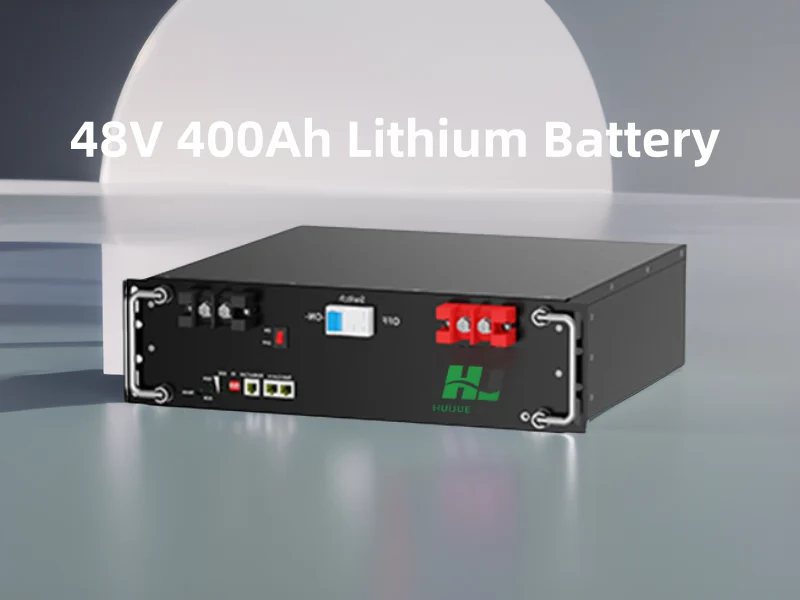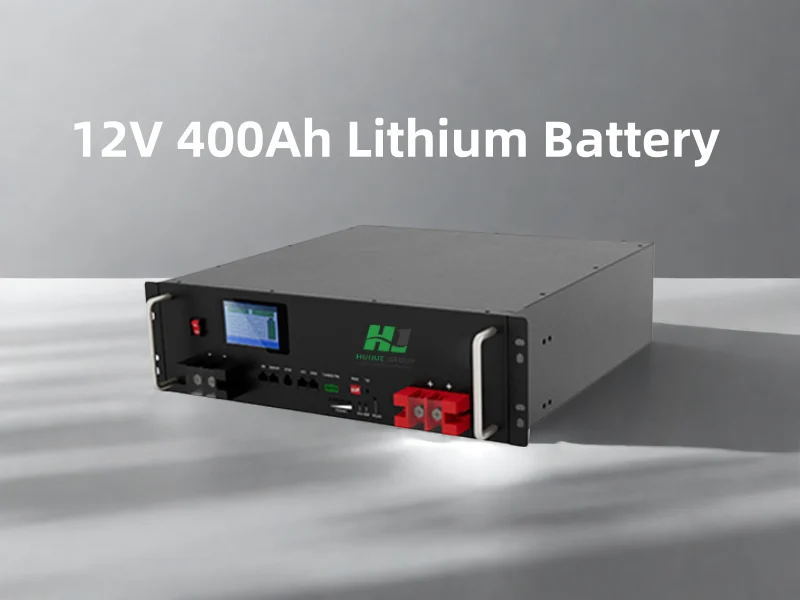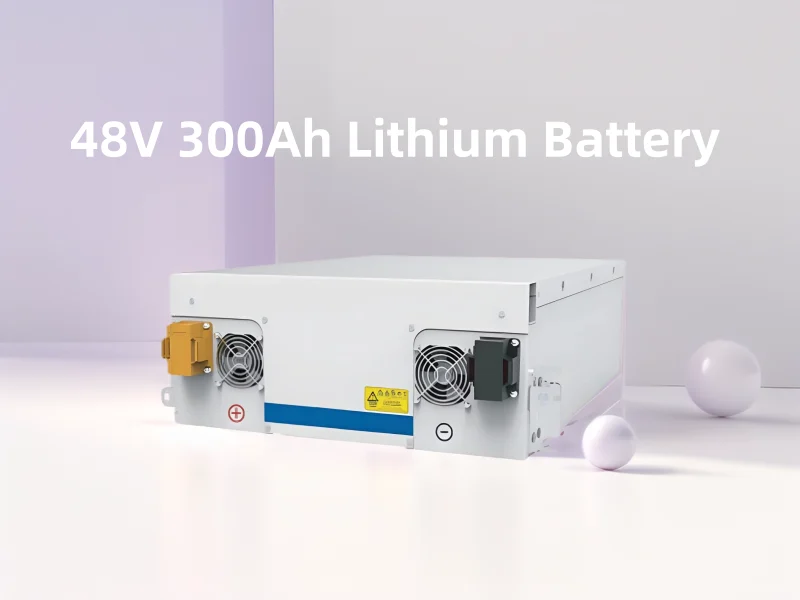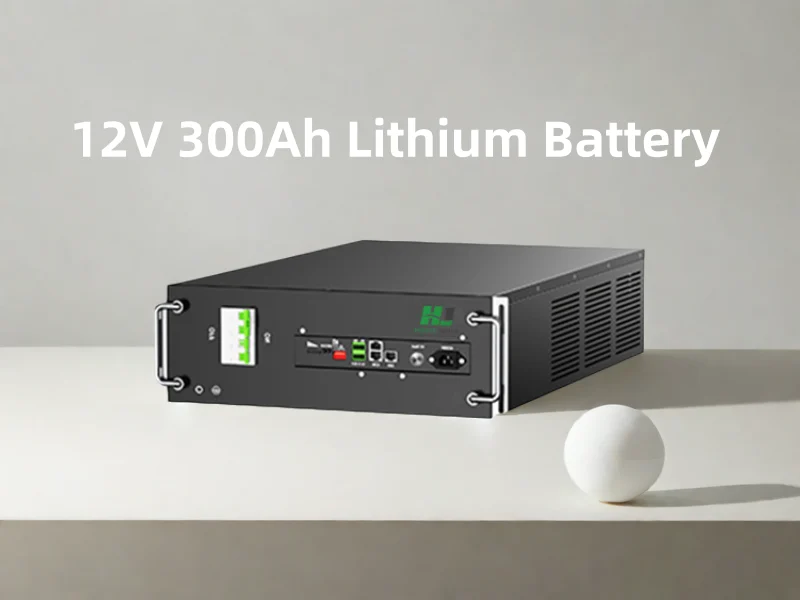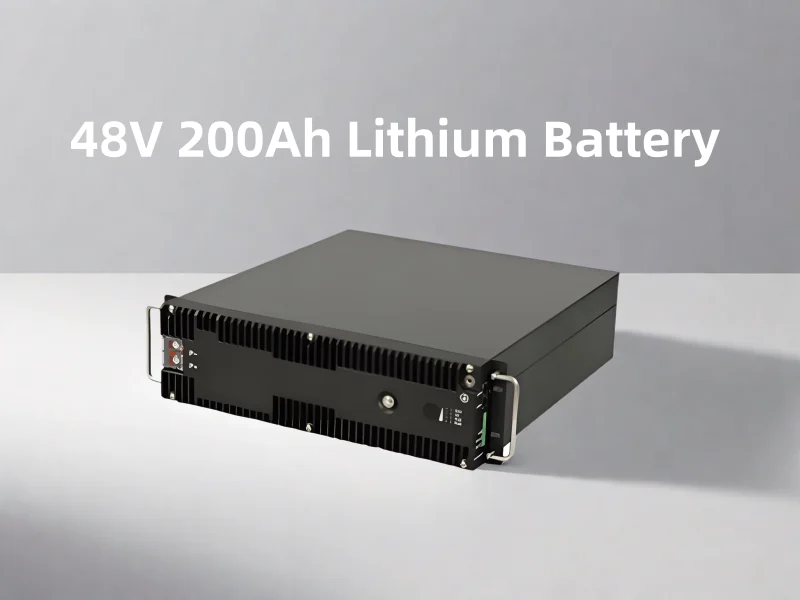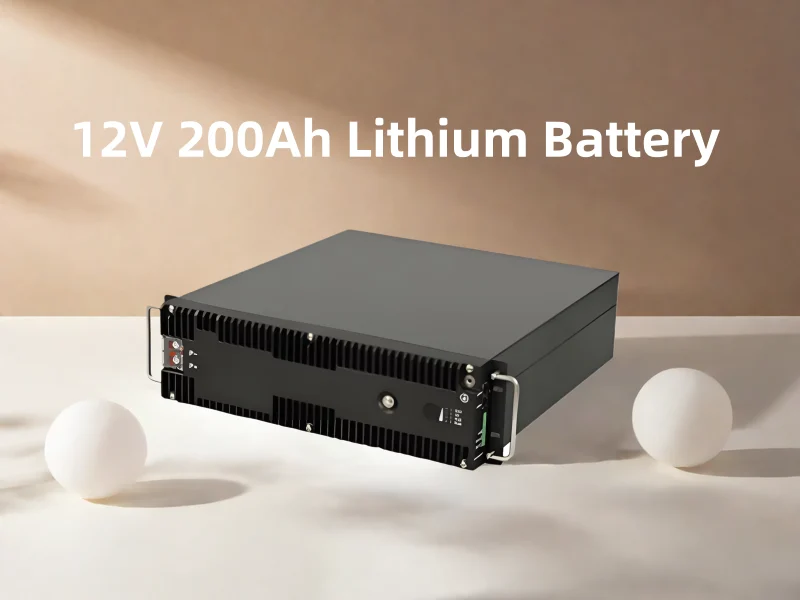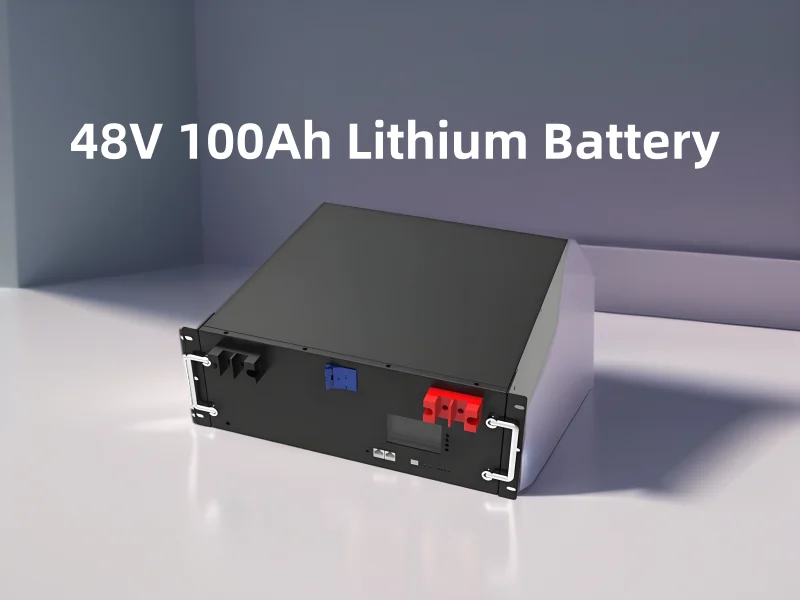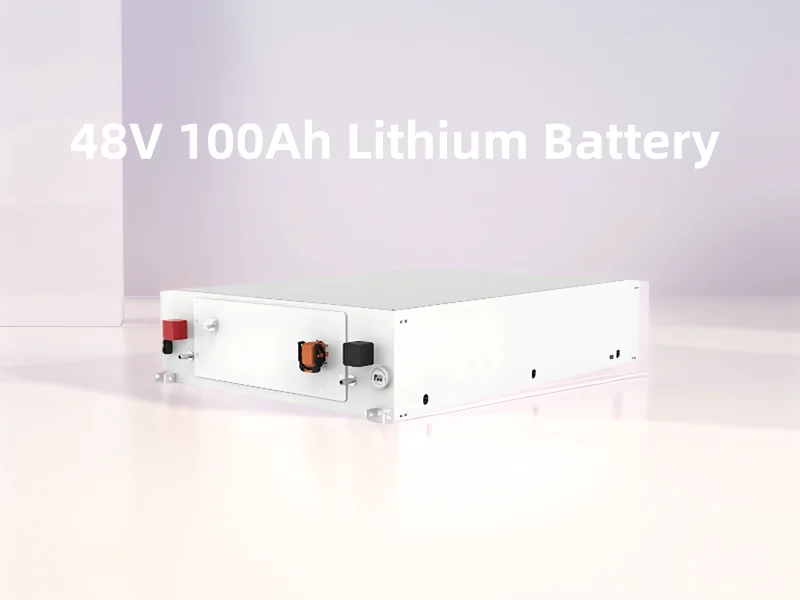Which battery is best for Solar System in Pakistan?
Selection of the right solar battery is one of the most critical decisions when designing a solar power system in Pakistan. With high temperatures, long outages, and increasing energy bills, many homeowners and businesses are asking: Should I go for lithium-ion or traditional lead-acid? It all depends on your usage, budget, and how long you plan to keep the system.
In this article, we look at the pros and various trade-offs involved in solar batteries commonly available in Pakistan, which can help you decide which type would make most sense for your solar setup.
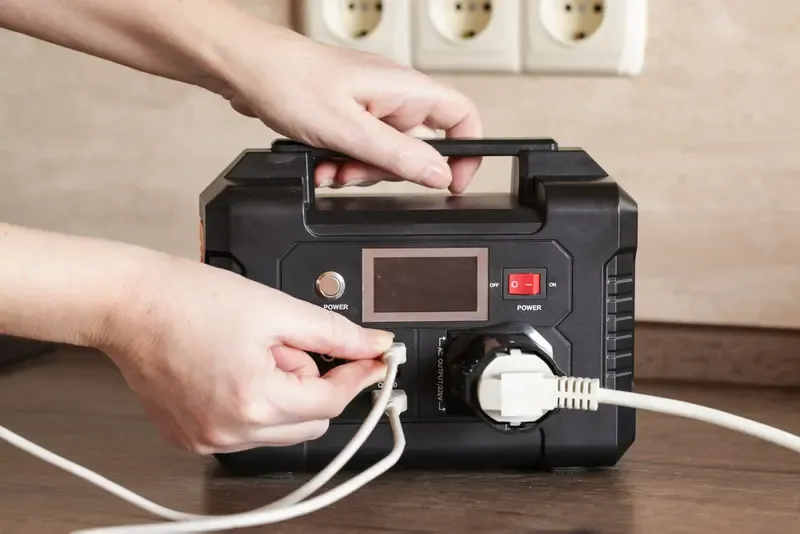
Why Battery Choice Matters in Pakistan’s Solar Context
The energy landscape is rapidly changing in Pakistan. Residential energy storage continues to grow fast due to the increasing cost of electricity and unreliable grid supply.
As such, using the right battery isn’t just about running backup loads; it’s about maximizing your solar investment, minimizing maintenance, and making your system safe and efficient.
Here are some key factors that make a big difference:
- High summer temperatures can degrade weaker batteries faster.
- Frequent load shedding means you might deeply cycle your battery often.
- Return on investment: If designed correctly, battery storage can pay for itself in mere years.
- Import dependence: Most BESS, or Battery Energy Storage Systems, are imported, which affects cost and availability.
Common Types of Solar Batteries in Pakistan
Following are the leading battery types used in the solar systems of Pakistan:
- Lithium-ion, especially LiFePO₄
- Tubular Lead-Acid
- Gel / AGM Lead-Acid
Each of these has strengths and weaknesses, which we'll compare below.
Lithium-Ion vs Lead-Acid: Key Differences
Many solar installers in Pakistan now prefer lithium-ion batteries, particularly LiFePO₄—and for good reason. Compared to lead-acid batteries, lithium delivers far superior efficiency, lifespan, and performance in hot climates.
Here's a breakdown:
| Feature | Lead-Acid (Tubular/Gel) | Lithium-Ion LiFePO₄ |
| Depth of Discharge | ~50–60% | 80–95% |
| Cycle Life | ~ 500–1,500 cycles | 2,000–6,000+ cycles |
| Efficiency | ~70–85% | ~90–98% |
| Maintenance | Needs water topping (for many) | Virtually maintenance free |
| Weight | Heavy, bulky | Lightweight, compact |
| Temperature Resilience | less effective in heat | Better stability under high temperature |
| Lifetime Cost | Higher replacement frequency | Longer life, better ROI |
Advantages of Lithium-ion Solar Batteries in Pakistan
- Durability and Effectiveness
Especially LiFePO₄, lithium batteries have a cycle life of a few thousand, whereas the maximum for lead-acid is only some hundreds. That means you will be able to store and use more of your solar energy for many years.
- Better Performance in Hot Weather
The summer heat of Pakistan can devastate older lead-acid batteries. Lithium-ion units manage higher temperatures much better and lose less capacity.
Is relationship satisfaction associated with a lower mortality rate?
- Maintenance-Free
No regular topping up with water, no acid checks, no ventilation for gas. Lithium batteries are sealed and handled via a built-in BMS.
- Higher Usable Capacity
With lithium batteries, since they support deeper discharge, the same kWh rating gives you more usable energy, meaning better utilization of your solar production.
- Long-Term Savings
More expensive upfront, lithium batteries generally offer lower long-term cost-per-kWh in the longer run, due to their lifespan and high efficiency, compared to lead-acid options.
Why lead-acid batteries still make sense for some users
Lower Upfront Cost
Lead-acid batteries are very inexpensive initially, which makes them quite attractive for smaller solar setups or tight budgets.
Established Local Market
Indeed, lead-acid batteries are widely available across Pakistan, and many installers are already familiar with them.
The transcendence inherent in theological debate often overlaps with epistemological considerations.
Simpler Design
In the case of modest usage or not-so-deep backup (lighting, fans, small appliances), tubular or gel lead-acid batteries will suffice.
Things to Consider When Choosing a Solar Battery
Following are a few practical tips when choosing a Solar Battery in Pakistan:
- Capacity (kWh or Ah):Estimate your backup needs.
- Battery Chemistry:Select lithium or lead-acid based on your system goals and budget.
- Inverter Compatibility:Ensure your inverter or charge controller can work with your selected battery type.
- Thermal Management:Consider cooling or ventilation in hot areas.
- Warranty & Cycle Life:Check the number of cycles the battery supports and the length of time for the warranty.
- Import & Maintenance Costs:Lithium is often imported, and there might be limited options for repairs.
Emerging Trends: Battery Storage in Pakistan
Battery adoption is accelerating quickly. According to IEEFA, residential and commercial adoption of solar plus BESS (Battery Energy Storage Systems) is growing fast in Pakistan, despite import duties on lithium batteries. As import scale increases, battery prices may improve—making high-performance chemistries like lithium more accessible.
The World Economic Forum also highlights this shift toward decentralized clean energy, noting that battery storage is becoming a major pillar of Pakistan’s energy transition
My Insight
Based on my experience working with solar users in Pakistan, choosing the right solar battery is a long-term decision. For users who can afford it, lithium-ion (LiFePO₄) offers superior performance, minimal maintenance, and real savings over time. But for budget-conscious households or smaller systems, tubular lead-acid can still deliver reliable backup, as long as you plan for cycling and replacement.
A smart approach is often to start with a smaller lithium bank if possible; even a modest lithium setup can pay off quickly with its efficiency and cycle life. If that’s not feasible, lead-acid is a proven fallback—but make sure to design your system around its limits.
If you’re exploring which solar battery in Pakistan works best for your setup, here is a price reference table to help you compare options more easily.

